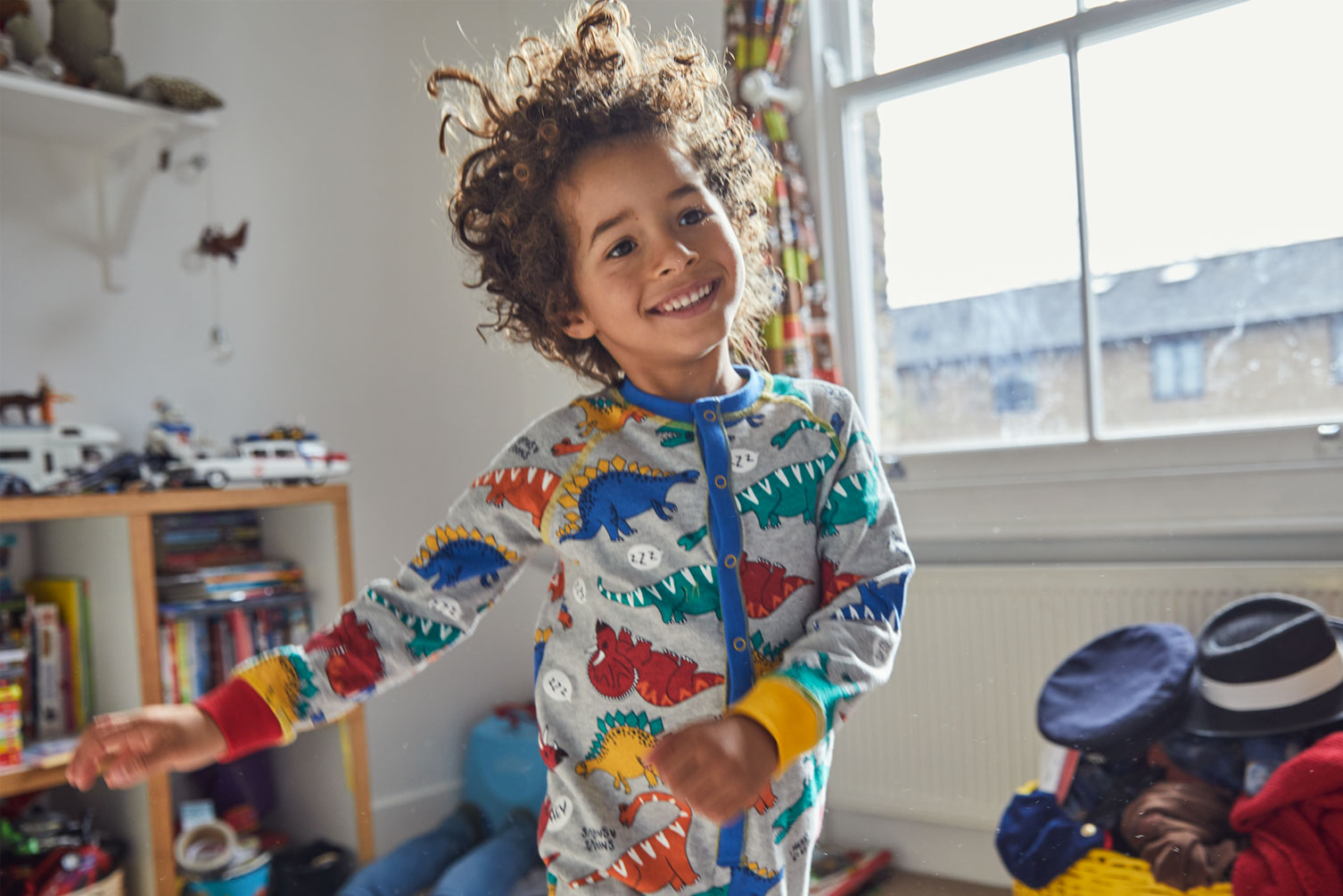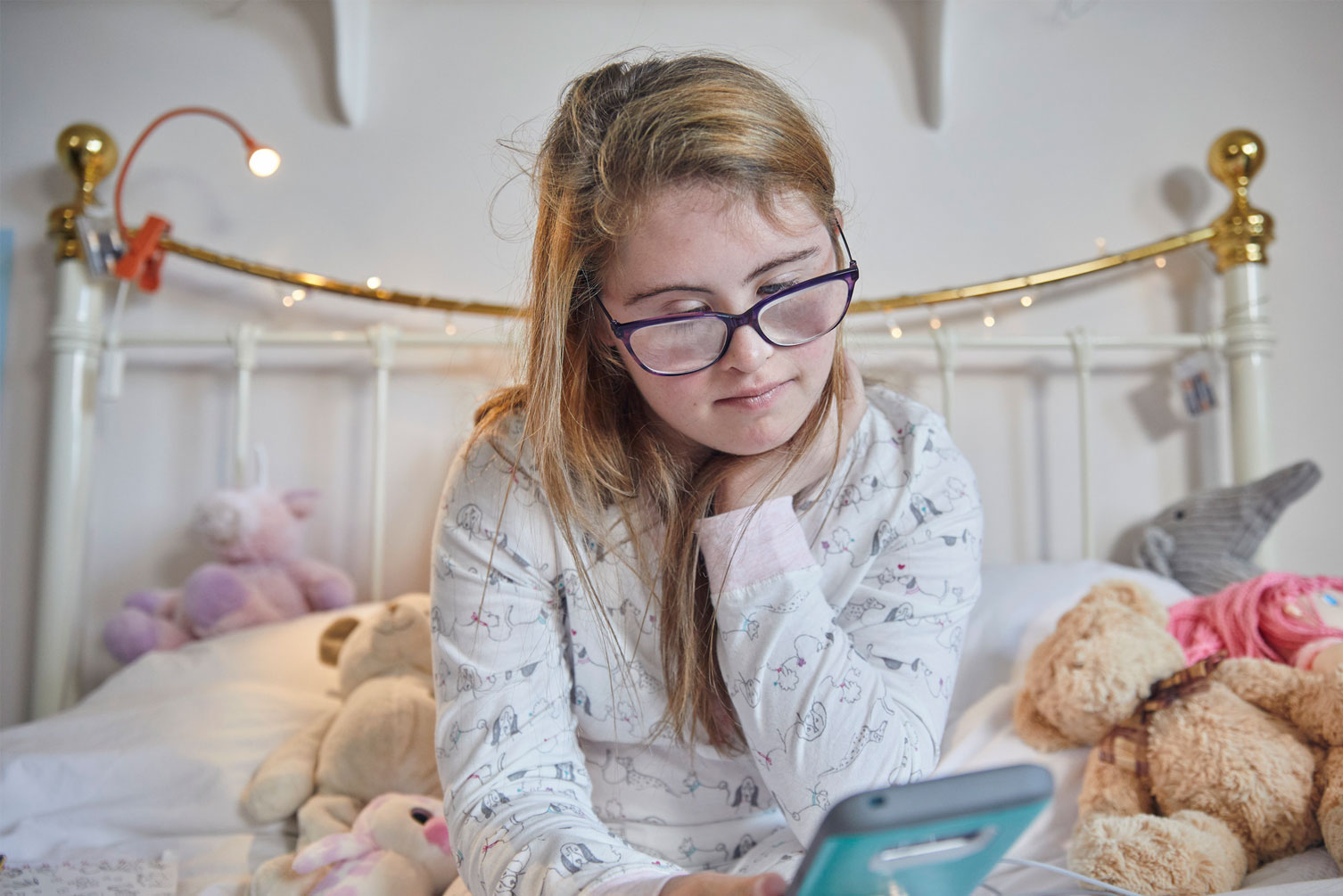In this blog, the UK’s leading children’s charity, the NSPCC, offer their tips on keeping your child safe this summer holiday.

As the school summer holidays commence and the school routine is put on pause, many parents are asking themselves the difficult question of whether their child is ready to be left alone during the holiday.
Will they be safe? What if there is an accident? What if they can’t cope? Should I just ask a relative or friend to babysit instead?
Being left alone is a natural step of children growing up and gaining more independence. It’s a tough decision for many parents to make but between work, appointments and other family commitments, every parent will have to leave their child home alone at some point, so it’s good to have a plan in place.
Our wonderful charity partner, the NSPCC, is here to help parents make the right decision for themselves and their child, with advice on keeping your child safe and making them feel more comfortable with being left alone.
One factor making the decision to leave children home alone so difficult is because it’s such a grey area. There is no legal minimum age for a child to be left alone, but it is against the law to leave a child alone if it puts them at risk. No child is the same, so how one child feels and responds to being left can be entirely different for another young person.
Infants and young children, aged 0-3 years old, should never be left alone – whether in the car whilst you run into the shops or at home while you pop down the road – and it is not advised that primary school aged children are left alone particularly for longer periods of time.

Every child is different when it comes to feeling ready to be left alone. Therefore, deciding based on their development and their needs is key.
The NSPCC’s Home or Out Alone campaign was launched in response to there being little guidance for adults around leaving children alone. The advice is there to help parents make the decision right for them, including various scenarios to help you see how your child would react to being left alone – such as What if they’re hungry? What if a stranger knocks at the door? What if they smell gas? What if they go out alone and forget how to get home?
Talking through these scenarios with your child can help you gauge how they would respond to potential challenges. The downloadable guide also includes other considerations, including things worth knowing before they stay home or go out alone, setting boundaries, and what to do if they’re not ready to be left.
Gradually talking to your child about leaving them alone, rather than suddenly springing this on them, will make them more comfortable. Talking through their worries can help put their minds at ease. And gradually working up, starting by popping to the shop for 10 minutes and working up to longer periods will help to build their confidence.
The NSPCC has lots of advice about leaving your child alone, including an interactive quiz to help you decide if your child is ready. Visit the NSPCC’s website for more tips and advice.
For more safeguarding advice this summer holiday, check back on the Start-Rite blog as we explore online safety in our next blog by the NSPCC.
Find out more about our partnership with the NSPCC >
Author: Vista, published 21-07-2022.